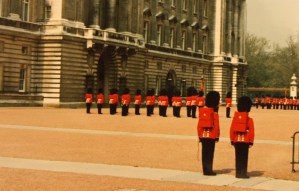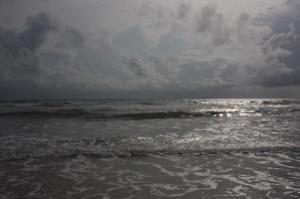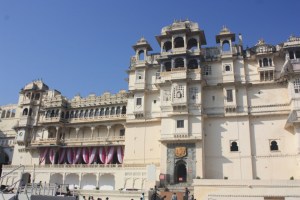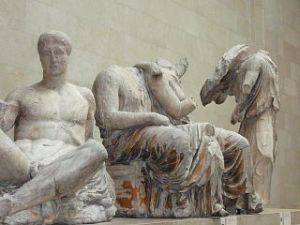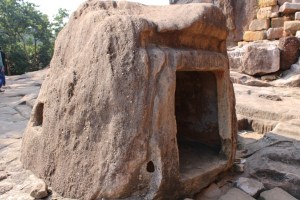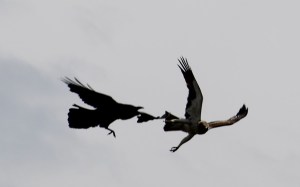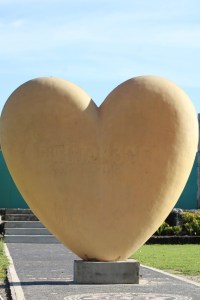 Collected Sonnets by Edna St. Vincent Millay
Collected Sonnets by Edna St. Vincent MillayMy rating: 5 of 5 stars
Publisher site – HarperCollins
NOTE: The version that I read was the earlier edition containing 161 sonnets, it did not include the sonnets from Mine the Harvest.
My earliest remembered exposure to the work of Edna St. Vincent Millay was to a couple of her more anthologized sonnets (included herein:) “I, being born a woman and distressed” and “What lips my lips have kissed, and where, and why.” I found those poems free of the sappy sentimentality that I’d often associated with the form, and that was what attracted to me to this collection, a collection which I’m happy to say shares the same tone, a tone that leans edgy and irreverent. (At least for its day.) One sees this from the opening poem, “Thou art not lovelier than lilacs, no,” which pays homage to Shakespeare’s Sonnet 130 (i.e. “My mistress’ eyes are nothing like the sun,”) the poem which began the war on hyperbole in love poetry.
Millay’s collection is not all love poetry (though it is largely so.) It does also deal in nature and includes a few epitaphs (including for the likes of mankind, [see: Sonnet cxliv.]) Millay does work in both the Petrarchan and English / Shakespearean sonnet forms.
I’d highly recommend this collection for poetry readers, particularly those who like sonnets.
View all my reviews


